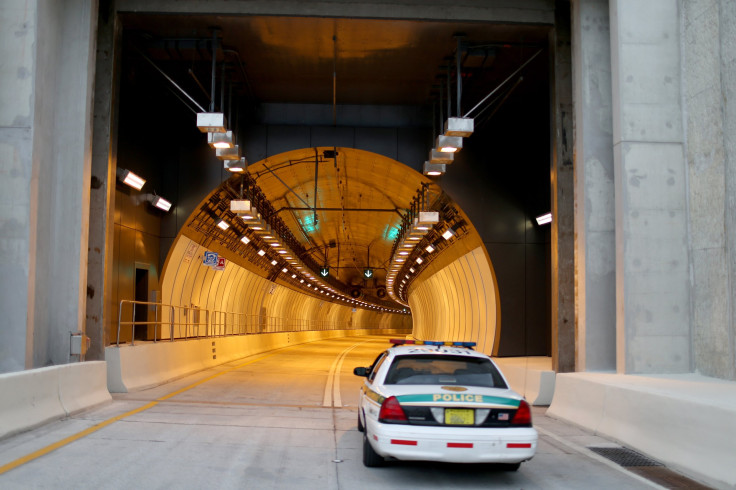Florida Police Targeting Black Drivers? African-Americans Cited For Seat Belt Violations More Often Than White Motorists

While wearing a seat belt while driving is the law for all Florida motorists, black drivers in the state are ticketed nearly twice as often as whites for seat belt violations, according to a report released Wednesday from the American Civil Liberties Union. The ACLU wants the Florida Attorney General’s Office to investigate the numbers, which were compiled from public data from police agencies across the state.
"The numbers are shocking. These racial disparities raise serious concerns that officers are engaging in racial profiling when enforcing the state's safety belt law," Nusrat Choudhury, an attorney with the ACLU's Racial Justice Program and co-author of the report, said in a statement. "It raises a red flag when seat belt enforcement by specific agencies leads to racial disparities that exceed even the dramatic statewide gap.”
While black drivers were stopped and ticketed nearly twice as much as white drivers in 2014 for seat belt violations, some counties had bigger disparities, the ACLU said. Black drivers were stopped four times more often than whites by sheriff’s deputies in Escambia County in the Panhandle, which includes Pensacola, in 2011 — the most recently available yearly data — and three times as much by sheriff’s deputies in Palm Beach County.
Some agencies, like the Miami and Tampa city police forces, didn’t report to the state the race and ethnicity of people cited for not wearing seat belts, although there is a requirement to do so. “We cannot have a law that requires the reporting of the race of ticket recipients and has no consequences for the agencies that fail to comply,” Howard Simon, executive director of the ACLU of Florida, said in a statement.
Police officers were given authority to stop people for seat belt violations in 2009, despite the seat belt law being in effect since 1986, WFOR-TV in Miami reported. At the time, advocacy groups including the ACLU worried the measure would disproportionately affect black drivers.
Disparities continue. @ACLU study finds Black drivers in FL get double the number of seatbelt tickets via @guardian: https://t.co/qlOq0jy925
— Mehroz Baig (@BaigMehroz) January 27, 2016Black drivers nationwide in recent years were known to be three times more likely to be pulled over and subjected to police searches than whites, the Washington Post reported. Although black drivers get pulled over more often and searched, police are less likely to find contraband in their vehicles.
© Copyright IBTimes 2025. All rights reserved.





















